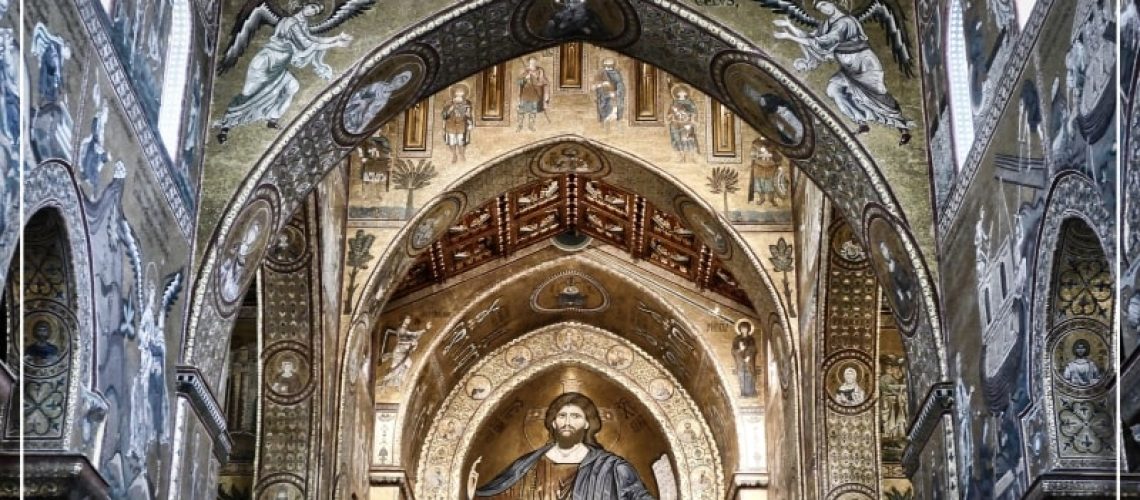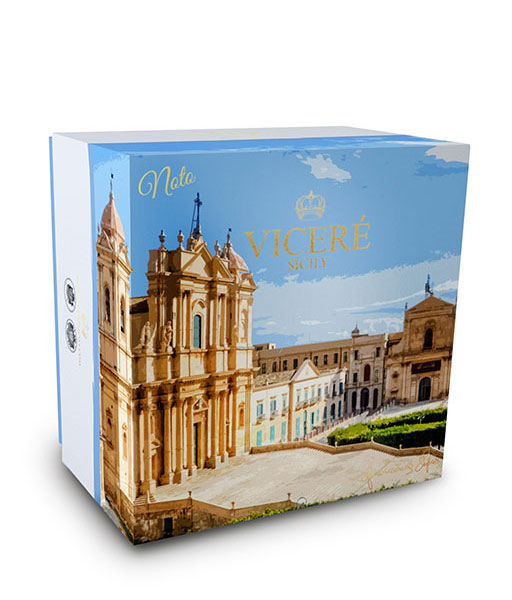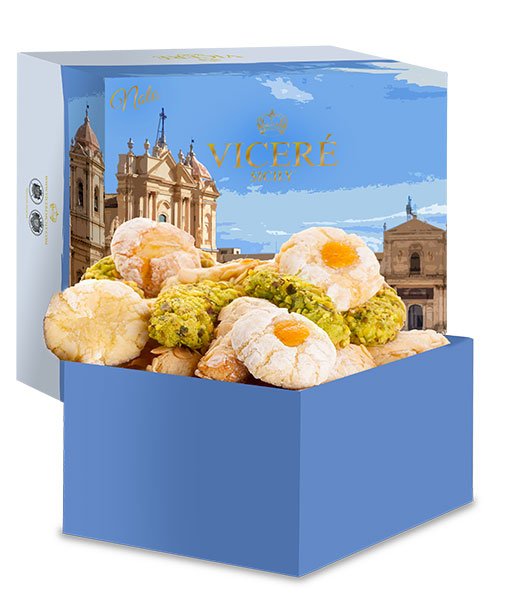Saint Rosalia and Saint Agata, the long tradition of Sicilian saints
Sicily boasts a rich religious past together with deep noble roots now firmly hooked onto the fabric of society. Devotion to important saints translates into religious events that celebrate secular worships, thus becoming regular meetings for Sicilians.
Palermo’s patron saint is Saint Rosalia
Palermo’s patron saint is Saint Rosalia (Rosalia Sinibaldi), born in Palermo in 1130. Every year, one of the most prestigious religious festivals globally is dedicated to her, registering an influx of about five hundred thousand pilgrims. The Cathedral of Palermo holds her relics.
The story offers us a fragmentary account of the life of the saint, once the bridesmaid of the wife of William I, during the period of the Kingdom of Sicily. Not so much is known about the family either, which according to some, had noble lineage from Charlemagne; as for her, the greatest wish was to retreat into a life of hermitage, the highest expression of religious commitment at the time. Her father asked her to marry Count Baldovino, following the king’s wishes, but after her refusal, Rosolia left her parents’ home to join the Basilian nuns. Her religious life as a hermit takes place at the hermitage in the Quisquina wood and then in a cave on Mount Montepellegrino, considered a sacred mountain.
It is believed that after her death, Saint Rosalia was buried inside the cave. Even the discovery of her bones, after more than four hundred and fifty years, presents something singular. In 1624, in fact, a ship landed in Palermo, carrying the plague virus on board, which soon spread to the entire population. Rosalia appeared in a dream to a sick woman, and then to a hunter. The Saint gave directions to the latter in order to find her remains. She asked him, she too, to carry her in procession and Palermo was thus saved from the plague.
Saint Agatha, Saint Patron of Catania
Saint Agatha, Saint Patron of Catania, is also at the center of a very important celebration. Each year, from the 3rd to the 5th February, folklore, tradition and religious worship take over the city, which experiences intense and magical days, during which a fair in honour of Saint Agatha is also held.
Catania is invaded by pilgrims and tourists from different parts of the world, and is immersed in the procession for the collection of wax, with which the offering of candles will take place. Sumptuous eighteenth-century carriages and eleven huge candles are carried in procession. Spectacular fireworks in Piazza Duomo end the first day of celebrations. The Saint, who was burnt to death, is also deemed to protect from the eruption of Mount Etna and from all fires at large. The procession crosses the streets of the city, and on this occasion there is no shortage of _Cassateddi of Sant’Agata_ and _Olivette_ (literally “small olives”), which are the sweets associated with this traditional festival.
Tradition and religious fervor once again find the perfect chemistry, managing to gather curious and devotees around symbols of a distinctive Sicilian identity.










